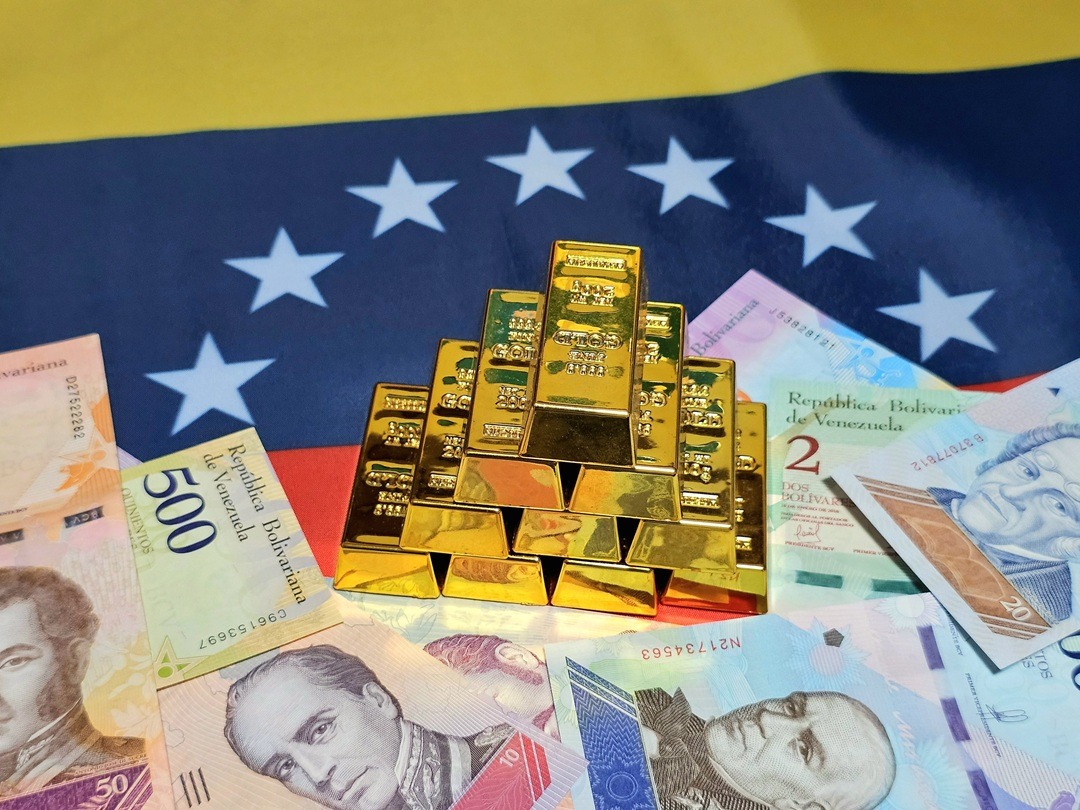What is Crypto Mining? How Does It Work?11 min read
Reading Time: 5 minutesCrypto mining has become a popular way for some to earn cryptocurrencies like Bitcoin, but many people are still unfamiliar with the process.
In this article, we’ll explore what crypto mining is, how it works, and whether it can be a profitable endeavor. By the end, you’ll have a good understanding of this unique way to obtain cryptocurrencies and whether getting involved in mining yourself makes sense.
What is the Purpose of Crypto Mining?
At its core, crypto mining serves two key purposes in decentralized blockchain networks.
First, it secures the network by validating transactions and adding them to the blockchain in a verifiable way.
Secondly, it introduces new units of cryptocurrency into circulation as rewards for miners.
For cryptocurrencies like Bitcoin that use proof-of-work consensus, mining is essential to validate transactions, produce new blocks, and disseminate them across the peer-to-peer network.
This distributed verification process is what gives blockchain networks their decentralized security properties.
Miners compete to solve complex cryptographic puzzles and add the next block to the chain, confirming transactions in the process. As an incentive, they are awarded with new coins and transaction fees for their important work securing the network.
The purpose of mining is to both validate transactions to maintain network security and distribute new coins into circulation according to the built-in minting processes of various cryptocurrencies.
The competitive nature of mining also helps decentralize control of the blockchain by allowing anyone to participate in this validation role.

How Does Crypto Mining Work?
Now that we understand crypto mining’s purpose, let’s look under the hood to see specifically how the process works. When someone initiates a cryptocurrency transaction, it gets broadcast to the peer-to-peer network.
Mining nodes, which are high-powered computers running specialized software, collect these pending transactions into a “block” to work on.
The mining node will then work to validate this block of transactions by competing to solve an extremely complex mathematical puzzle. Solving this problem requires immense amounts of random trial-and-error cryptographic hashing until a successful solution is found.
Whichever node solves it first wins the right to publish the validated block of transactions to the blockchain. As an incentive, this successful miner is awarded with both the transaction fees and a predetermined amount of newly minted currency.
This mining process of competitive cryptography is what gives cryptocurrencies their decentralized security properties.
No single entity controls transaction validation – instead, it’s an open, global competition. The constant hashing work also increases the computational difficulty over time to mitigate attacks. And with new coins released as mining rewards, a built-in monetary policy is enacted.
This rounds out the core workings of crypto mining in digital banking in decentralized blockchain networks.
Is Crypto Mining Profitable?
When Bitcoin first emerged over a decade ago, it was possible to mine significant amounts with just a personal computer.
Fast forward to today, and the crypto mining landscape looks very different. Specialized mining computers called ASICs now dominate the field, driving up electricity costs and hashing difficulty. As a result, most average consumers will find it challenging to mine cryptocurrencies profitably at home.
That said, large-scale crypto mining can still potentially yield profits at today’s cryptocurrency valuations and difficulty adjustments. Key factors in profitability include upfront capital costs for high-powered ASIC equipment, hash rate efficiency, electricity costs, and the cryptocurrency’s market price.
One also needs to factor in cooling, facility maintenance, and potential hardware upgrades over time. Operating at industrial scales and sourcing cheap renewable energy gives mining farms major cost advantages.
Of course, there’s also market risk from cryptocurrency price volatility. Overall then, while specialized miners can still potentially profit from crypto mining, the average small-scale miner likely won’t recoup their investments.
But there are other lower-risk ways to earn and hold cryptocurrencies, such as through savings accounts. More on that later.

Is Crypto Mining Legal?
When it comes to legality, cryptocurrency mining itself is generally legal worldwide as a business activity.
Most jurisdictions have not prohibited individuals or companies from participating in this validation process. Some exceptions exist, however.
A small number of countries have outright banned all cryptocurrency-related activities including mining, such as China which recently instituted a mining ban due to environmental concerns.
Elsewhere, governments may enforce certain regulations on mining businesses regarding licensing, tax compliance, electricity usage, and waste disposal for large-scale industrial operations.
Municipal regulations may further restrict things like facility zoning, noise levels, and emissions if mining relies on proof-of-work algorithms. The legality of acquiring and trading cryptocurrencies also varies widely by country.
Those looking to start commercial crypto mining should research all applicable laws and consult legal counsel for compliance in their specific jurisdiction. But for the most part, crypto mining remains a legal form of business worldwide where cryptocurrencies are not banned.
Best Digital Bank to Do Crypto Mining
While taking an active role in crypto mining is still risky for individual consumers, there are now easier options to get exposure and receive rewards through newer banking services.
One financial institution stands out as the clear leader for crypto mining enthusiasts – The Kingdom Bank. As a fully licensed digital bank, we support cryptocurrencies in innovative ways compared to traditional banks.
By opening a The Kingdom Bank account, you gain access to some of the best crypto mining services available. For example, we offer a competitive crypto saving account that pays out daily compound interest for 10 different cryptocurrencies users choose to “mine” passively.
No specialized hardware required – your coins can be mined 24/7 from the convenience of your banking dashboard. The Kingdom Bank also does not impose withdrawal limits, minimum balances, or prohibit crypto transactions like many competitors.
On top of being one of the few banks allowing active crypto mining, we also provide top-rated privacy and security features protecting customer assets.
The Kingdom Bank goes above local banking regulations with military-grade encryption thanks to our fully digital operational model. Low fees, fast global payments, and a dedicated compliance team round out why they remain the premier choice for savvy crypto mining enthusiasts and investors worldwide.
While direct mining may require more effort and carry added risks today, The Kingdom Bank streamlines the experience with convenient passive crypto mining tools.
Our banking heritage means clients also benefit from stable political systems and advanced financial infrastructure supporting cryptocurrency growth for years to come.
Crypto mining plays an important role in maintaining the security and operations of various blockchain networks through competitive verification of transactions.
Although individual profitability can be challenging, innovations like The Kingdom Bank’s crypto earning services are opening doors for passive participation.
With continued adoption, cryptos and the services around them will likely become even more mainstream in the future – why not get started today with a The Kingdom Bank account?
About The Author





